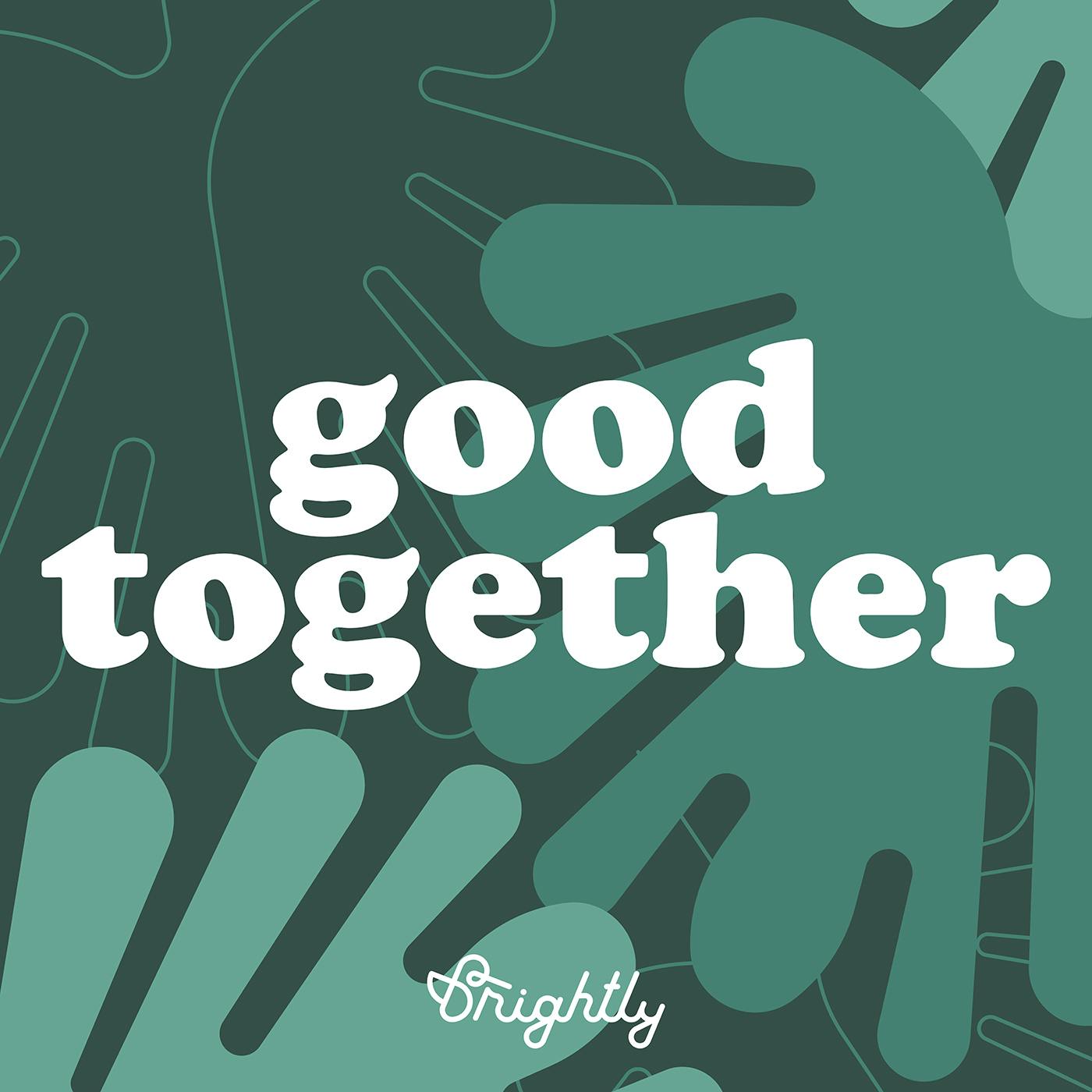
A Love Affair with Nature by Farmatuur
Farmatuur (www.farmatuur.com) is a platform for conscious European makers, where nature’s most potent creations meet design, craftsmanship, and story. From adaptogenic blends, botanical perfumes, and organic skincare to soulful jewelry and functional lifestyle objects, every piece we curate carries the idealism, knowledge, and love of its founder. Curated without compromise, Farmatuur is both shop and stage, a place where people reconnect with the magic of nature, and where a new generation of entrepreneurs shows that beauty, health, and ethics can thrive together.
Our podcast, A Love Affair with Nature, extends this stage. Hosted by Alwin and Annelies, partners in life and in Farmatuur, each episode shines a light on these rare creators. We capture their passion, idealism, and expertise, and explore how their unwavering devotion to Queen Nature shapes everything they make.
The conversations are light, raw, and full of joy, an invitation to fall in love with nature all over again. All featured products can be discovered in Farmatuur's webshop and concept store in Belgium, so you can bring a piece of this love affair into your own life.
The podcast episodes are mostly in english, but sometimes we record in Dutch, depending on the native language of the guest.
Visit us at www.farmatuur.com.
A Love Affair with Nature by Farmatuur
From Apples to Handbags: Claudia Pievani’s Cruelty‑Free Fashion Revolution
What if your favorite bag could be both beautiful and kind? We sit down with MioMojo founder Claudia Piani to unpack how next‑gen materials, apples, oranges, bamboo, olives, and even mycelium, are reshaping luxury without animal skin or chemical‑heavy tanning. Claudia shares how a love affair with nature became a design brief, a supply chain standard, and a clear challenge to the old “leather equals quality” story.
We go behind the scenes of Italian craftsmanship and B Corp verification, exploring why true sustainability starts with the full lifecycle, land, water, emissions, not just the finished hide. Claudia explains how bio‑based innovations now deliver the tactile warmth, durability, and finish fashion demands, while moving beyond the tired leather‑vs‑plastic binary. From upcycling apple pomace to lab‑grown alternatives with minimal inputs, we trace the steep innovation curve that’s closing the gap on performance and widening the gap on impact. We also get candid about pricing: why early tech costs more, how scale lowers it, and why timeless design reduces churn and waste.
Culture change is the real frontier. Claudia reframes status as harm reduction and backs it with action, 10% of proceeds support animal welfare, “saving lives twice.” For creators and founders, she offers a blueprint: lead with conviction, build undeniable product quality, choose partners who share your purpose, and ask simple questions of every decision, Is it kind? Is it useful? Is it necessary? If you’re curious about vegan leather alternatives, sustainable fashion, and how values can drive world‑class design, this conversation will give you tools, context, and a fresh sense of what luxury can be.
If this resonated, follow the show, share it with a friend who loves design, and leave a review telling us which material, apples, oranges, or mycelium, you’d wear next.
Welkom bij Farmatuur, het platform waarin we praktisch samenbrengen met a love affair with nature.
SPEAKER_00:We are all in the least de curators of Fmatu. En we have pulled together a whole bunch of fantastic conscious entrepreneurs that we're interviewing in each episode.
SPEAKER_01:Elk vertel zijn eigen verhaal hoe ze komen tot hun product en hun eigen unieke aanpak van ondernemerschap dicht binnen de natuur.
SPEAKER_00:We want to inspire you to become more conscious about your choices on what care products, supplements, or even accessories. Love stories with nature.
SPEAKER_01:Manier om zelf ook nog meer te connecteren met je eigen natuur.
SPEAKER_00:Today, Analyse en myself are talking with Claudia Piani from the brand MioMojo. MiyoMojo is a handbag brand that creates beautiful purses and handbags from oranges, from apples, from rice, even in the future from mycelium. Very exceptional. They want to take a stand and show the world that letter is not a necessity to create beautiful fashion. Claudia is explaining her philosophy, her approach, and she's explaining what kind of materials they're innovating with. Here you go. Hello! We are with Claudia at the wonderful offices of Mio Mojo. We've been invited here, so we moved to Farmatou Studio to Beriamo. There's some beautiful weather. We expected beautiful weather, but it's a bit rainy since we arrived just to make us feel welcome as Belgians, I'm sure.
SPEAKER_03:Yes.
SPEAKER_00:Um and yeah, we are here to have a wonderful conversation about Mio Mojo. And we have so many questions because the brand is incredibly interesting. There's so much behind it as well. Also, um, so much uh uh of good energy, wanting to bring cruelty-free um accessories or handbags to the market, and you're also very vocal about cruelty-free, which is inspiring for us. And we feel privileged to sit here and have you in our podcast, Claudia. So we're gonna start with the same question as we start every podcast. Okay, and the podcast is also called The Love Affair with Nature. Oh my god. Yes, and the first question is our assumption when we first know this Miyu Mojo is that it was that it is, was, and is a love affair with nature. So we read up about it, and it really came to us like a brand where there is a philosophy and idealism behind it that's related to a love for nature, a unique love affair.
SPEAKER_02:Yeah. First of all, welcome.
SPEAKER_00:Thank you. Thank you.
SPEAKER_02:I'm very happy that you are here, that we can do this podcast live personally, especially after a long Italian lunch.
SPEAKER_00:Which should have lasted forever, but at one point you have to stop, right?
SPEAKER_02:Yes, so I hope it compensated for the rain. Okay, cool. Uh love affair with nature. I love this title because this is exactly what we are, this is exactly what I feel personally. First of all, because we are not one of those companies that exist that are okay, not judgmental, but uh that where you know it's a vegan company, but maybe the founder is not vegan. Right. Right. In this case, is uh I am the founder and I am vegan, and uh uh I wanted definitely to bring these values also in what I do every day. Yeah, and I love design, I love beautiful things, I love aesthetics. Uh I loved and used to love more fashion in in the in the nice aspects of fashion, which is not so shallow, if you want, because we all dress up in a certain way because we want to say something to the world, right? Yeah, whatever you put on, even if it is a white t-shirt, you are saying something to the world. Yeah, so you know, it has also this meaning, and it also had a lot of uh power in history, because if you think about uh, you know, when Chanel did the first uh dresses and trousers, it is because empowering for women. Uh, when uh you know the revolution in in UK, uh mini skirts and so on, again, it was feminism, etc. So, you know, yeah, and along the history it has been, it has these values. So at the same way, uh, also our bags are much more than bags, they are definitely bringing meaning and values in it. Uh, so these values are unshakable, uh, obviously, because they are me. Yeah, so I cannot all of a sudden change and uh do some animal skin bags. Yeah, um, I prefer to use animal skin than leather on purpose because this is the real thing. It's animal skin. And uh uh you know uh it's it's it's something that uh I stay behind uh uh a lot, and uh and I think this gives me a much bigger drive to overcome the huge challenges that uh uh you know every business has, yeah, but also uh especially in this time, and then again also in bringing something innovative. When you bring innovation, like in our case, we use next gen materials. These are materials that are the materials of the future, yeah, seriously, because they are very innovative. The late, the oldest material we use is five years old, five years old. So and uh and the innovation goes on in a in a ways that are extraordinary. You've seen some of it, uh, you know, you've seen till the end one, the the final one, or the latest one, which was uh the one made from mycelium grown, it looks fantastic, it feels fantastic. You don't have to sacrifice anything. No, and uh, they are definitely pro-nature because they are so much better for everyone.
SPEAKER_00:It is clearly a love affair with nature, and it's very value-based, and it is also innovative. You know, that's also what we understood being here and listening to all the stories. So let's start with the value-based. What's going on in the fashion industry that um leads you to want to be vocal and create a beautiful product which is cruelty-free?
SPEAKER_02:Yeah, well, what's going on is what is always uh uh going on. Um so I come from the fashion industry and I very well know what's behind the glam. So we talked before about the positive sides. Okay, and then there is a ton of negative sides. Okay, most of them, many of them we know. I mean, everyone that can go now online and see if you want to educate yourself. Uh, but I was not okay in uh uh contributing uh in some way to this uh because uh the horrors are uh um for me unacceptable. Um starting with obviously uh animal skin, okay, and what they have to endure to get a product. First of all, animals are not objects, yeah. They are individuals, uh they uh form friendships, we don't even know how extraordinary they are because that we are blind to their extraordinary beings, you know. But uh the more the more we know, the more we want to see, they mourn their death, they create uh uh family bonds, they cry, uh they obviously feel pain. And that is for me enough. It's like sometimes people say, but is this animal intelligent? Well, if that would be the metric, I have some doubts with humans. I mean, that's that's not the metrics that we need to use, guys. The matrix is do they feel yes, yes. Okay, so they are sentient, yeah, they have feelings, and therefore uh obviously they are not bags. I mean, if you think about that, if you just you know think about that and just get away from you know hundreds of years of you know working in this way, you really think about that, it's gross. Because why don't you use then yes, animal skin obviously is very flexible. Well, also human skin. Why don't you use that? But they are already dead, you don't have to use the one of the living ones, but they are already dead, right? Yeah it also goes to rotten, it's a byproduct. I mean it's gross, and it's exactly like this. And also today, with the amazing innovation that we have, there is absolutely no reason anymore to uh stay in the past, and the past or the present, the status quo is very bad, not just for the animal cruelty, but also the ancestral accessibility in general of fashion. Um the whole system is rotten. Yeah, we uh are obviously the outsider. Uh the status quo of fashion is all based, uh it's it's not it's something that is based on wrong values and uh consumism and making you spend more and more and more and more because I make 10 collections, so I give you another reason to buy another color. No, so it's also in that we try to create uh uh products that are timeless, so we will never use the color that is trendy. What a horrible word, by the way. You know, we use colors that you can wear years going on, yeah.
SPEAKER_00:Because and I hope, well, I want to believe that people become more sensitive, and I want to believe that this story that you're telling now is already convincing enough for people to not want to continue buying letter-based products. Um but the first question I'm sure everybody might have is is it is it as durable? Yeah, is it as durable?
SPEAKER_02:Okay, it's not as durable as animal skin. Okay, uh animal skin also uh uh breaks, and it depends also how you use it, it's not eternal. Um, but it's durable enough because it's about five, eight years, and the innovation goes on, you know, the curve of innovation goes on, the curve of animal skin doesn't go on anymore, you know, it goes down. And let's not forget one other thing. I also answer to the next question, which maybe you have about innovation, no, about uh yeah, but it's plastic.
SPEAKER_00:It's related, yes. Yeah, but it's yeah.
SPEAKER_02:So, first of all, it's not because uh the old dichotomy, the difference, you know, first before there was the old comparison, animal skin, plastic. Today, there is something much better than that, than this, and it's not difficult because of ethical reasons, also, and then that. Uh, of course, uh the innovation goes on. There are some materials that have still some parts that are synthetic, but it's so much better anyway. Of course, it's first of all, it's cruelty-free, so it's better by default, and then it's also much better because it contains less plastic anyway, because uh from the old plastic, the old vegan, right? And now we have something like this from oranges. This is like 90% bio-based material, you know. The innovation goes on. Not to talk about the one that you have seen with the that it was lab-grown. Leb grown. Yeah, I mean, the impact is almost zero.
SPEAKER_01:And the feel you it feels like yeah, letter. It's it's really a soft, thick letter.
SPEAKER_02:Thick letter, it's soft, it's soft because we also want to, you know, sometimes we try, we we collect uh all the next gem materials around the world. There is always something new coming up. Sometimes we don't like the feel because maybe it's a bit too hard or so on, you know. We create bags, so bags need to have certain standards for us, which must be nice, obviously attractive, very well made, very good craftsmanship, and we just work with uh same factories as luxury in Italy. Yeah, um made in Italy, of course, yeah, made in Italy, uh really made in Italy because the last uh, I don't know if you saw, but the last event about uh you know Dior or Larmani or some others that were produced in Italy but in some Chinese labs, right? So this is not obviously our case. We are a B Corp, and this uh uh already uh puts you in at peace with that because we are screened like crazy with all the supply chain, but also all the rest. It's very tough to become a B Corp, and that's why just three percent of the companies that apply to become a B Corp, they also can become a B Corp. It's a huge endeavor, you know. You really you really have to want it. And uh and then your screen, and then uh it gives you the possibility to improve. Uh, of course, you meet the highest standards of sustainability, but uh sustainability including you know uh the supply chain, that everyone is paid correctly, uh the government, no, it's all the areas of the company, workers, contribution to the world. Because basically, every BB corp I say should because I don't know about the others if you know I know about us, but this should be the requirement that you have a mission to accomplish with the company, so purpose and uh turnover, they must be at the same aligned okay. So uh whenever you make a decision, the decision must consider it's obviously that you are a business, if not you're not in business anymore, but you also must consider okay, is it ethical? Yeah, and for us, the questions are always is it kind? Is it useful? Is it necessary? If some of this is no, then it's a no.
SPEAKER_01:So well and maybe yeah, maybe uh for people who are just uh listening or watching the podcast and say, Oh, it's the first time that I see Miyomojo. What what is it then made of? And can you tell us a bit a little bit about about the name? You know, about the material, the different material yeah, what is the kind of material? Yeah, the yeah, yeah, the apples.
SPEAKER_02:So we started off with apples because this is also the oldest one, which means five, six years. Uh, it means that here is not that we use apples, but we even use uh the rest of the apple industry. Let's say there is huge, huge cultivation of apples nearby in the dolomites, no, it's nearby because it's two hours from here. Yeah, and uh, and then you create some juices, apple juice. You have some rests, you know. Yeah, and this rest is used, uh putting it together, combining it with some synthetic materials to create this apple. And then uh corn, we have we have uh oranges, that's one of the last ones. We have olives, you've seen olives is amazing. Beautiful when we started, there we are just you know, few colors and uh maybe one texture, and then uh right now you can do whatever you want. You create the crocodile, uh, you know, fake crocodile on uh on on it, it looks like that. Uh, you can have uh all possible texture, more rock or more grunge, or more, you know, like um not so flat. I mean, whatever, whatever you want, and also whatever color you want. So it was oranges, apples, over oranges, orange oil, corn, bamboo, bamboo, bamboo, and this is uh uh because bamboo is not upcycled, but it grows very quickly, and it's not like the bamboo that we know about the clothing, right? It looks like you have seen it, it looks like again, like heather, very soft, very, and then we research them all over the world. We have a lineup, but uh already these are mind-blowing. If we put on all 20, it's just too much, right? But we have from bananas, for instance, from tea. I mean, amazing, amazing things, and as I said, lab grown. Why? Well, because it doesn't use basically resources or really the bare minimum. Yeah, and the result, for instance, with this lab grown company, we are talking since I don't know, maybe four or five years. You know, it was a specific type four years ago. We didn't like very much because it looked a bit stiff, I don't know. Now is amazing. So innovation again goes on, makes it more and more performing, and also always nicer.
SPEAKER_00:Yeah. Well, the process to, for example, use oranges or apples is also more friendly to nature than if you would use leather-based products. Is that correct?
SPEAKER_02:I mean, if you think about uh uh leather, animal skin, okay. Uh, first of all, if you do a life cycle assessment, you need to start from the beginning. Sometimes I see some life cycle assessment from leather that starts from uh when you have already the skin, but this is not fair. This is half-like cipher assessment, right? It needs to start from when the animal is born.
SPEAKER_04:Yeah, okay.
SPEAKER_02:So that means that uh leather is a valuable co-product of the intensive farming. We all know by now that intensive farming is one, if not the first, factor of climate disaster. It gets away forests. Why? Because we need to plant uh uh you know food for the animals, we need land. How many animals a year? Let's guess. More than 90 billions. And uh and we are eight billion people, uh, and uh there's still hunger in the world, so maybe the system is wrong because if we have food to feed 90 over 90 billion animals, and I'm not considering fish, because if not, you go in incredible numbers. Um how can you not feed 8 billion? Yeah, something is wrong there. Not to talk about uh water scarcity, yeah, yeah. Also from there, not to talk about uh desertification, not to talk about uh you know the lack of uh uh of trees that gives out oxygen. Yeah, uh it's everything. Yeah, everything. So you you don't care about animals, okay. Do you care about the environment? No. Do you care about water scarcity? No. Do you care about uh having some living conditions for us? Do you care about oxygen? Do you care about pollution? You you there must be something you need to keep, you know, under all these factors.
SPEAKER_00:And that's only the intense farming, but once you then you know have the letter, it's not open.
SPEAKER_02:Oh my god, no, and then it becomes the 10 because then they start okay with that tan tanning. Oh, but there is vegetable tanning. Oh, but I don't care because this vegetable tanning is like the smallest percentage possible of the all overall production, which is the overall production is made in countries like India, for instance. And uh surely you don't have vegetable tanning. Okay, and this means that there is documentation there. Uh you can watch Slay, it's a nice uh docilm about what's behind leather. First of all, it's treated with uh 90, over 90 chemicals. Yeah, and uh, if you talk about plastic, maybe you don't know that there is a nice layover of PVC of plastic on animal skin in order to, if not, this animal skin it's it's getting rot.
SPEAKER_00:So when they say natural letter, oh yeah, natural, it is it is not a natural material.
SPEAKER_02:First of all, it's not a material, but it's uh a part of another animal of another being. Second, it's so far away from natural. Yeah, if you want to keep it natural, then it gets rotten. And what do we do then with the skins until uh well, you want to do something for the environment, you leave it there, and you get it rotten. It's much better than all the rest. But most of all, the solutions are already here. We live also, we live in a very uncertain times, very challenging times, but also extraordinary times. Because the solutions are here, but we just need to choose them. It's in our hands, we have the possibility.
SPEAKER_00:Yeah, well, the innovation is amazing. Um, and your entrepreneurship is inspiring because it is not easy, I can imagine, to go against the um the normal way of doing things, um, but to uh look for the right innovation to be able to change things in the best way. Um you must have come uh up against some some severe challenges trying to get these products into the market.
SPEAKER_02:And it's still going. And it's still going. Every time that you first of all, every time that you get some innovative uh product, it's always difficult. Yeah, it was difficult with the first computer, with the first phone, with the first uh uh car, is amazing because you know, oh no, I don't believe in internet, it's it's not a thing, okay. Uh oh no, I don't believe in cars, you know, they will never replace horses. Okay, you know, it's every every single innovation, it's it follows this process, you know. So it takes time naturally, and then we are uh also maybe having another challenge because it taps into the values of people. So we are talking about culture, we are talking about mindset, we are talking about habits, habits. It's very difficult to change habits. Okay, so we need to make it inspiring, we need to make it a status, like the real status is wearing something that is not harmful.
SPEAKER_00:Yeah, yeah, because I know from my childhood, even my grandparents when they bought a leather head coat, shoes.
SPEAKER_02:Oh, shoes, oh yes, sturdy letter shoes. Absolutely, the quality, you know. So it's it's uh it's uh they made they made a real there was nothing else, yeah. I understand. But you know, times evolve, you know, evolve. You we we don't have any more many things because uh you need to have especially these times, you need to have something that is uh seriously uh uh better for everyone. We need to change, yeah, you know, and uh it's it's part of life, it's it's uh and it's done with these products of Miyamoto.
SPEAKER_01:I also feel you don't have to compromise in the look. Absolutely not. Really, really beautiful.
SPEAKER_02:But again, you know, they had something to say also against cars. They had something to say, we had something to say against phone. Oh, it will never, you know, the mobile one, it will never change the one that is fixed. You know, it's just I think ingrained in our being human.
SPEAKER_04:Yeah, that's it.
SPEAKER_02:Uh, even if you see, I mean, it's so much better. Yeah, in any way it takes time.
SPEAKER_00:Yeah. Well, then we're gonna talk about something more controversial, and that's pricing. Oh, and I know we talked about it before because um I'm sure people think, oh, a bag made of oranges, I just threw my orange skin in the middle. Right. Uh so yeah, well 10 euros, 20 euros.
SPEAKER_02:So I got someone who wrote, uh, but uh, you know, four apples are not costing 200 or 300 euros. Yeah, I would expect there is a little bit more innovation in it, a lot of investment costs, obviously, from the material supplier, and we need uh not to forget one thing. The first TV was very expensive. The first mobile phone was very expensive. For the electrical cars, you need to scale up exactly. You need to scale more and more people use them, and the prices it's economic, it's an economic normal rule. The prices go down, but at the beginning, uh it's more expensive. This said, yeah, a pricing of a bag of 200 and 300 euros is pretty normal. Yeah, you know, it's a median, it's handmade in it's it should cost, uh, in my opinion, much more because uh it's uh it's made with this incredibly innovative innovative material. It's uh handmade in Italy. We produce it in the same factories as the big brands, Stella McCartney and so on. They start from 2,000 euros. Yeah, okay. Uh and we are a B-COR, 10% goes to animals. We don't forget that, right? So 10% of everything that we do goes to support different projects with animal welfare organization, very well known. Uh and we document them, we go to the rescue centers, you know. Uh I'm I'm sure that from the beginning, I don't know, but we have given it this. I mean, I could have bought a house.
SPEAKER_04:Yeah, yes.
SPEAKER_02:Uh, and that's something as well. So you're doing when you buy a Miomoj, you're doing so much. Yeah. So basically, I like Vogue said once about us and said that we save lives twice. Once because we don't use their parts and two because we help them. Yeah, we help animals in need.
SPEAKER_00:Yeah, wow. Well, um, I think you might say you're swimming upstream and the stream should change direction. Yes. But uh swimming upstream, and and this is uh I a final and important question to ask, uh also setting up business ourselves. Um, I'm sure there are also young or maybe any age entrepreneurs listening. And I wonder, is there any advice you would give them entrepreneuring from idealism, going against challenges because you believe you can make a better world with what you are building, with what you are creating? Um, is there any advice from your experience already more than 10 years building this brand and trying to improve the world with it as well to those entrepreneurs?
SPEAKER_02:Well, start from the heart and uh from what you believe, independent from whatever everyone else tells you. So actually, if they tell you it's not a good idea, or that's not a good time, or uh, I don't know, you are on the right path. Yeah, yeah. You're you think thank you, I go for it then. That was my test.
SPEAKER_00:Well, thank you so much for this inspiring conversation.
SPEAKER_01:I'm really, really happy that we can distribute it. Oh, I'm happy to round.
SPEAKER_02:I mean, uh, I must say one thing that uh uh we are still struggling with the right distribution channels because traditional fashion is not ours, obviously. And uh and so finding someone like you who creates a concept store and hopefully more in the future, uh that's exactly where we need to be. And so um we will grow together.
SPEAKER_00:Yeah, we definitely will. Thank you for inviting us, and I'm sure for you now we finished lunch on a nice podcast. Italian time it's time for dinner.
SPEAKER_02:I think so. I think we need to go for an aperitive. It's time, we were here already 30 minutes. Thank you, thank you. Thank you for coming here. Thank you for listening.
SPEAKER_00:What you heard today is raw, unedited, and straight from the heart.
SPEAKER_01:Eerlijk, kwetsbaar, en met zoveel liefde voor Queen Nature.
SPEAKER_00:All the products you hear about are available in our web shop online.
SPEAKER_01:And natuurlijk ook in onze winkel waar je ze kan voelen, ruiken en believen.
SPEAKER_00:By choosing to purchase any of these products, you're supporting these amazing creators and join the love affair with nature.
Podcasts we love
Check out these other fine podcasts recommended by us, not an algorithm.

Wilde Wieven Podcast
Lieve Galle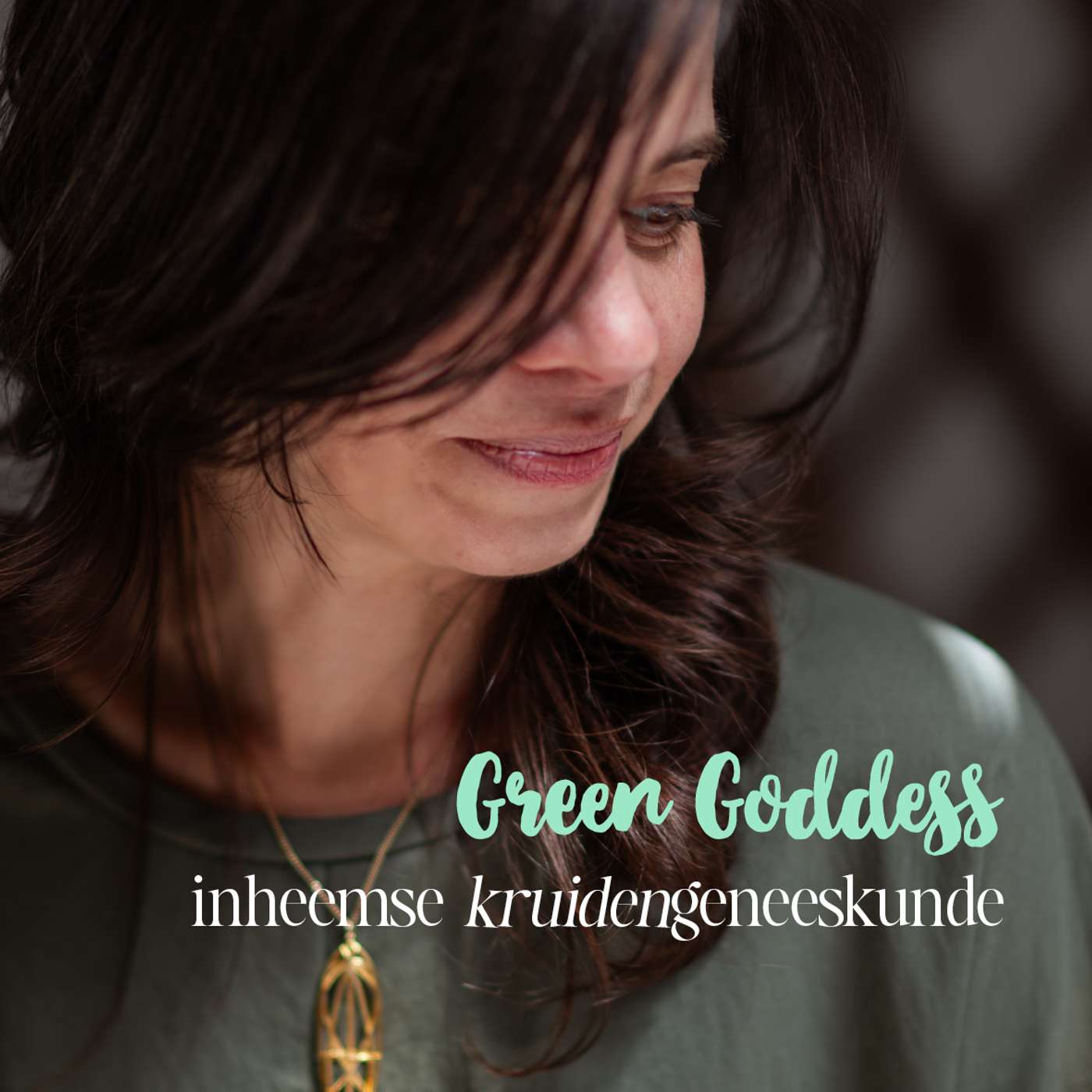
Green Goddess - Inheemse (kruiden)geneeskunde
Oona Nijland - Green Goddess
The Mel Robbins Podcast
Mel Robbins
Wijzevrouw
Selkie
Cirkels Lifestyle
Anouk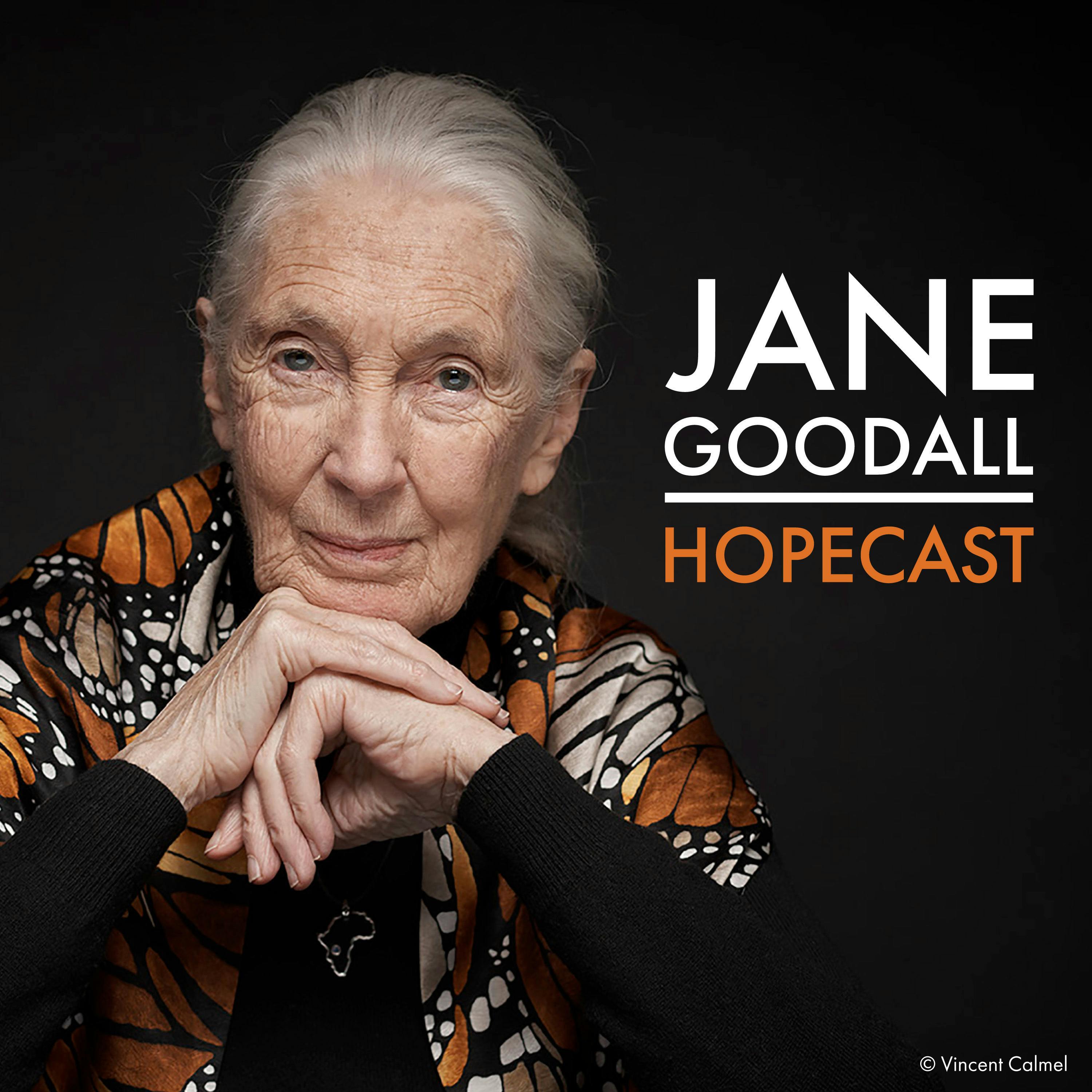
The Jane Goodall Hopecast
Dr. Jane Goodall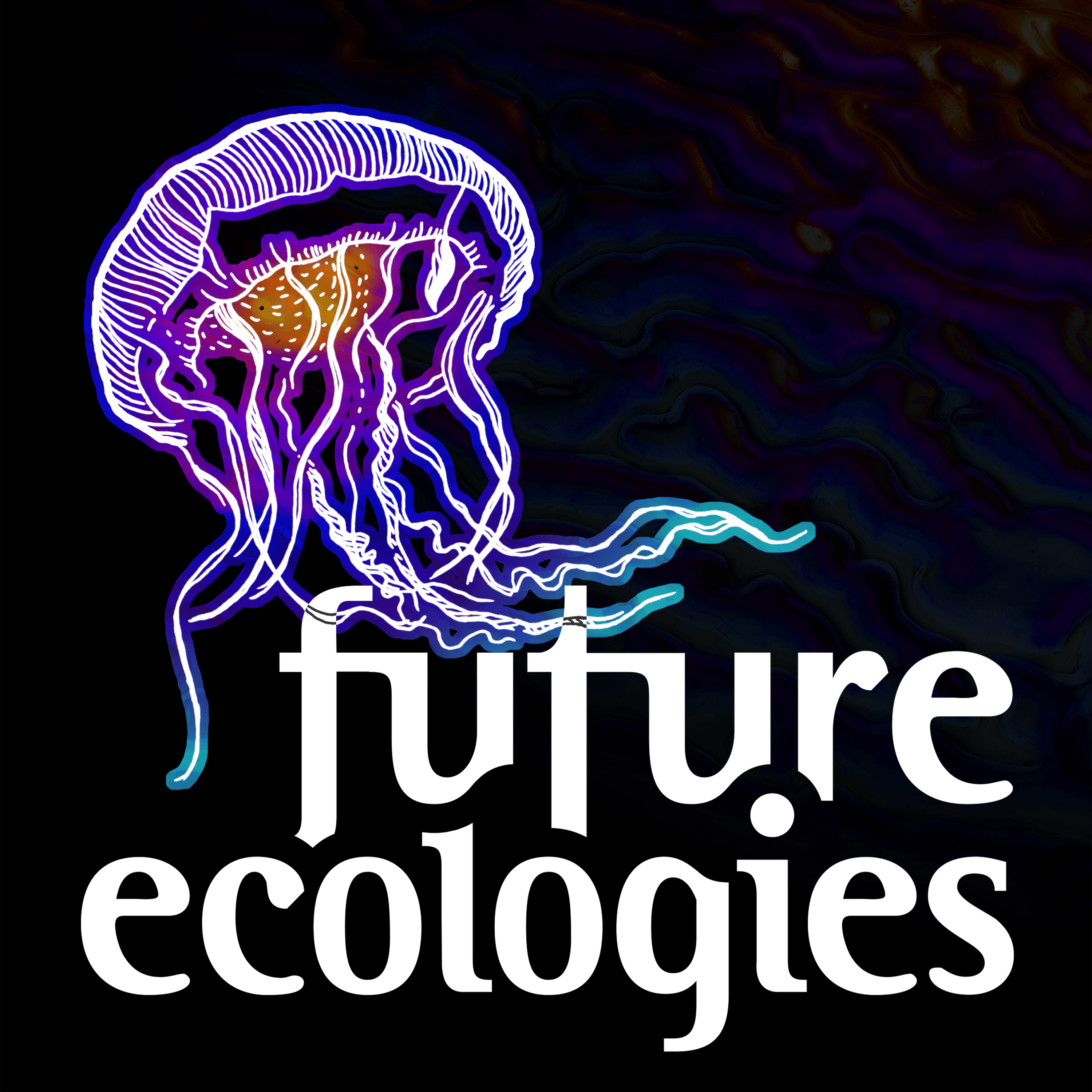
Future Ecologies
Future Ecologies
Climate Breakdown
Climate Expertise Centre - VU Amsterdam
Outrage + Optimism: The Climate Podcast
Persephonica and Global Optimism
The Climate Question
BBC World Service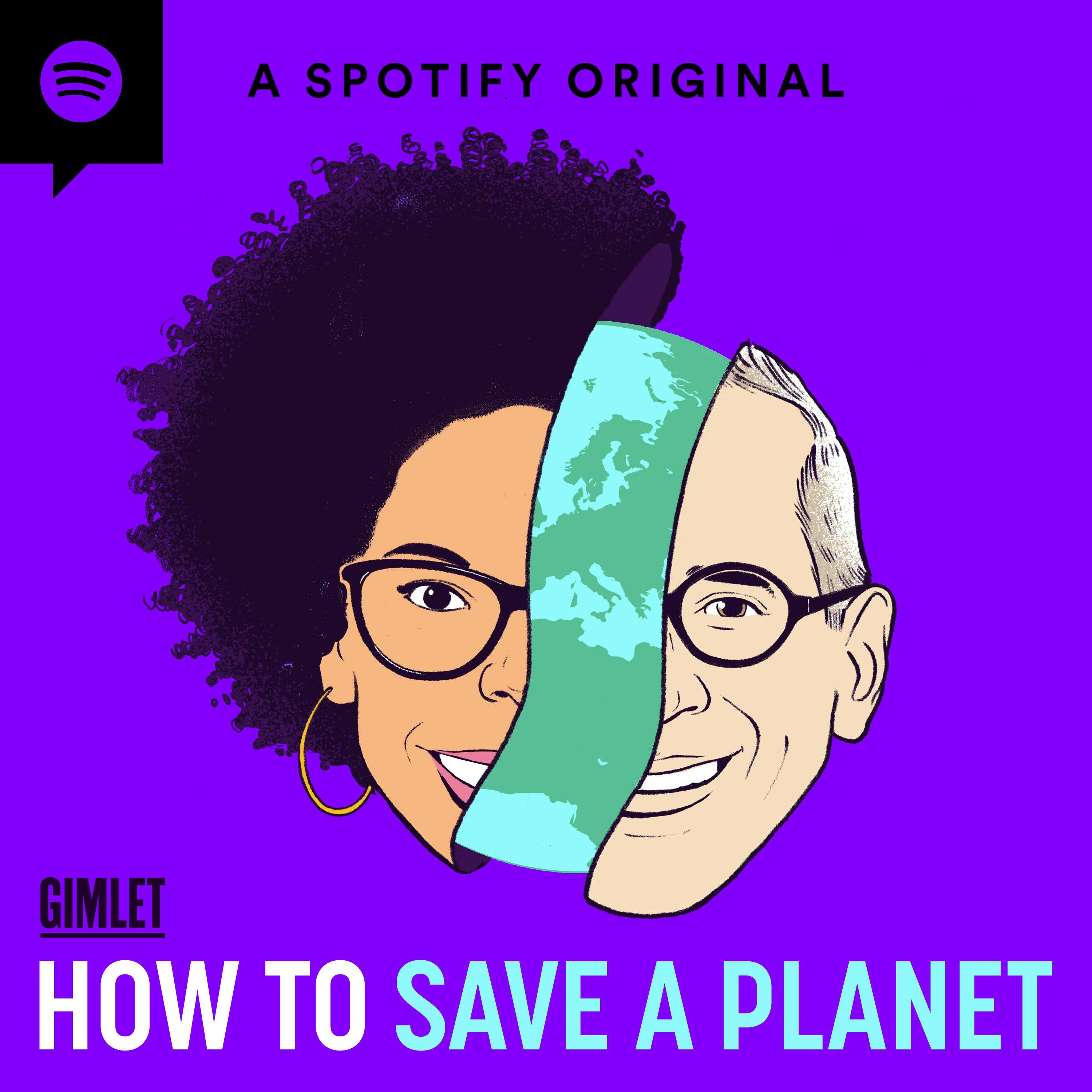
How to Save a Planet
Gimlet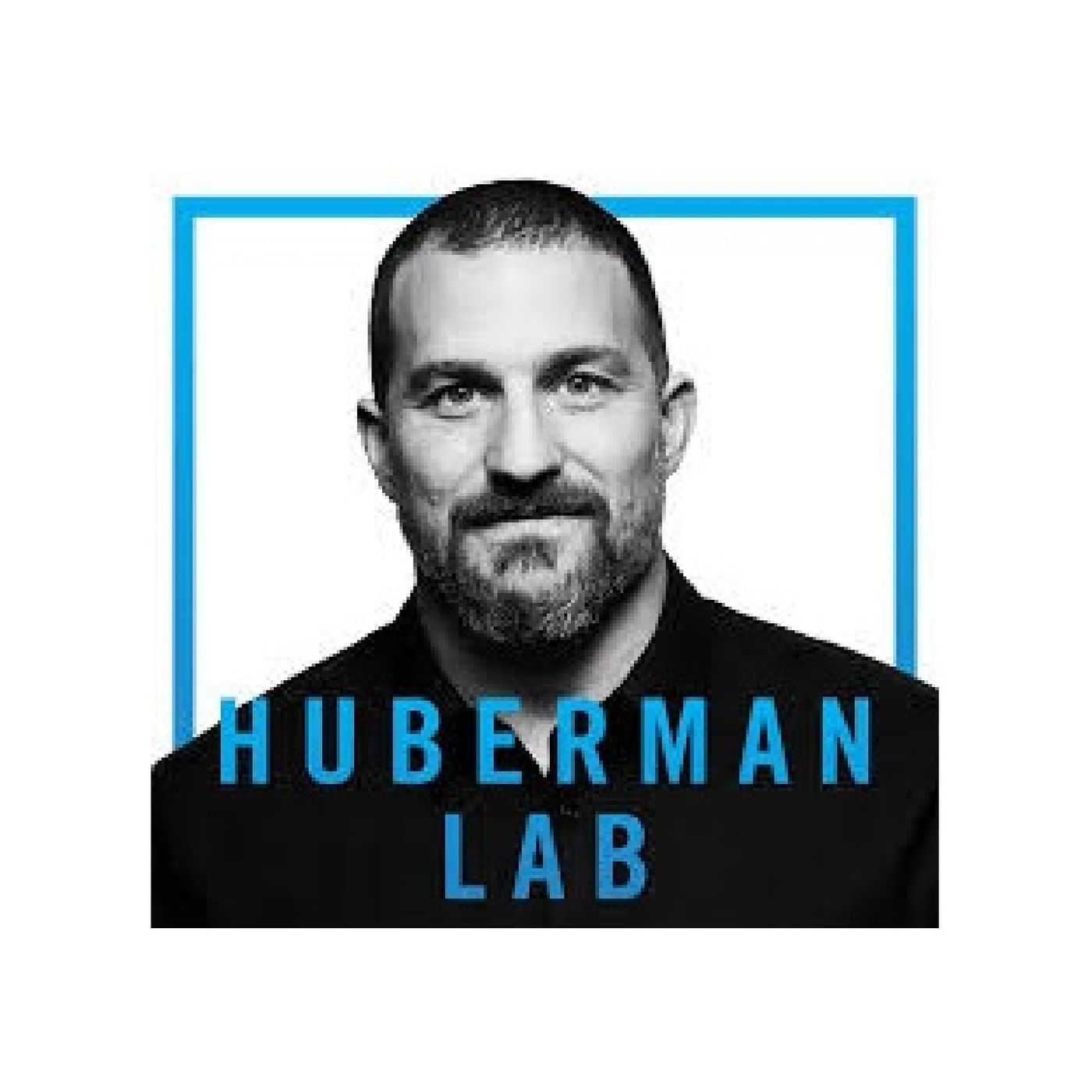
Huberman Lab
Huberman Lab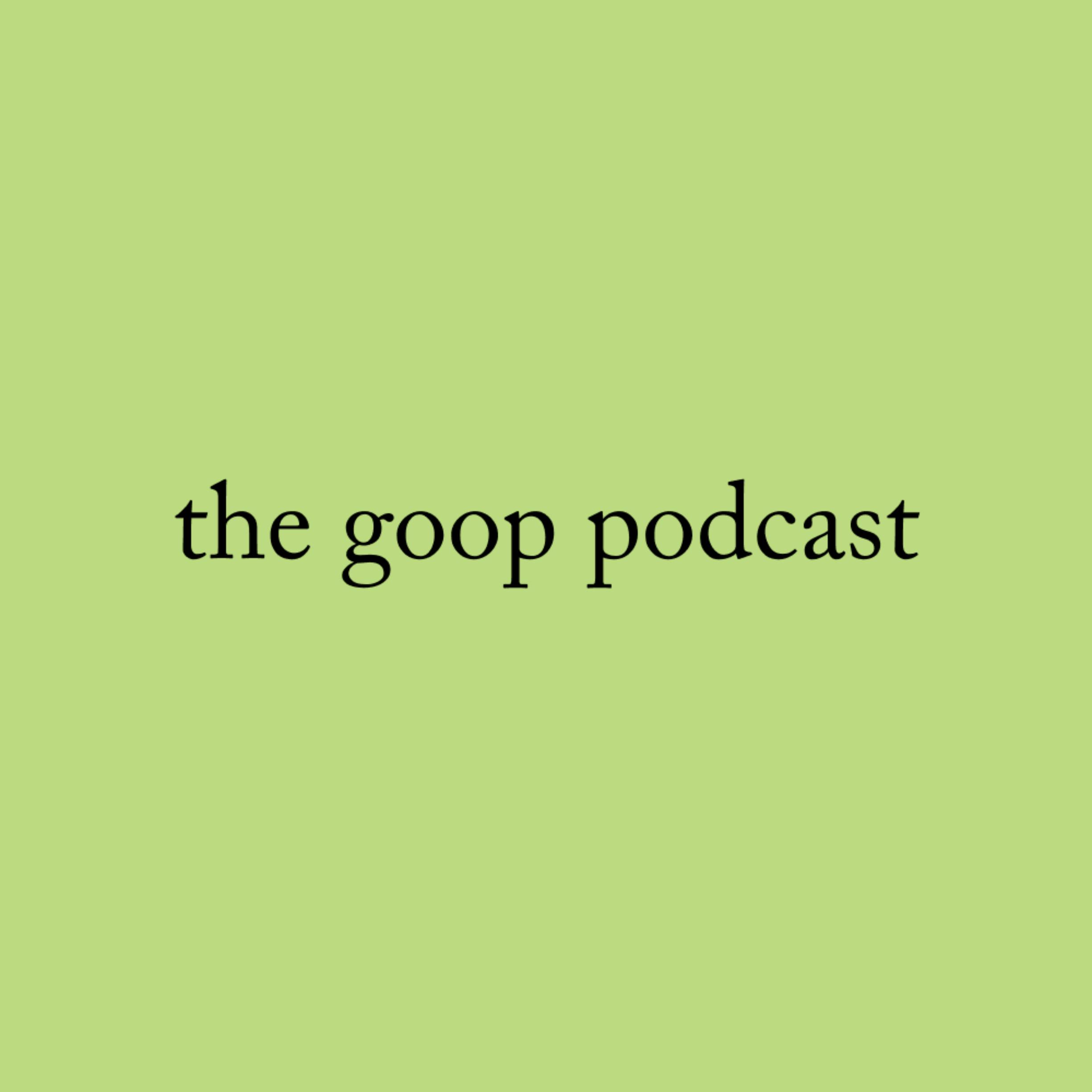
the goop podcast
gwyneth paltrow
The Rich Roll Podcast
Rich Roll



